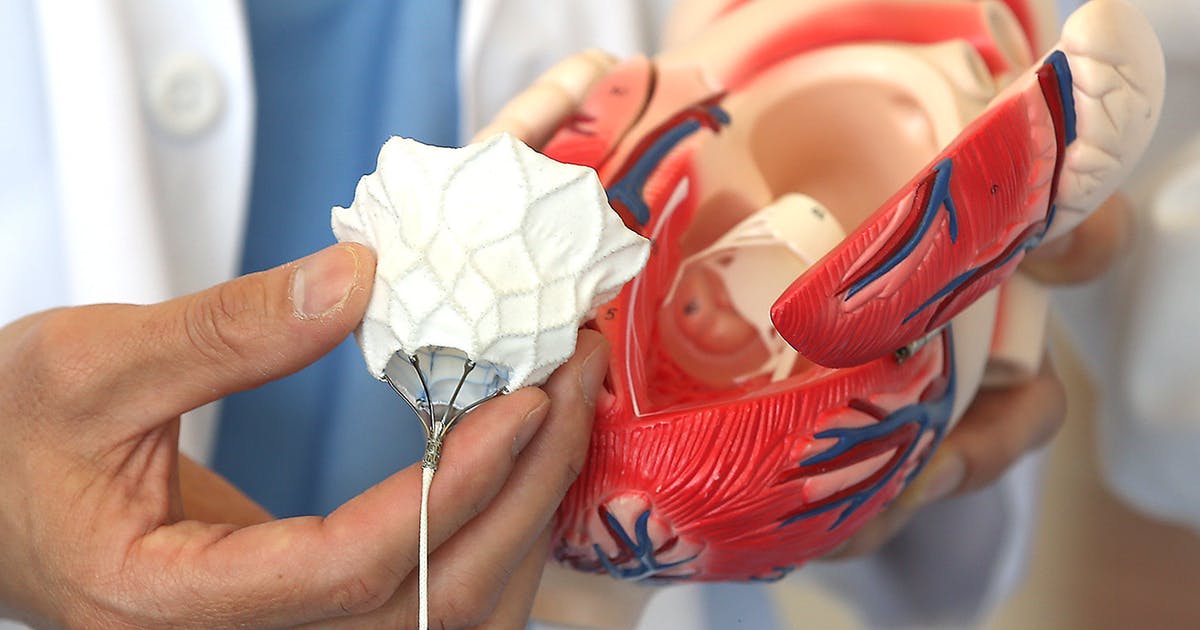Treatments For Mitral Valve Regurgitation
Mitral valve regurgitation is a cardiac problem characterized by a leaky mitral valve that does not close as it should. Also known as mitral insufficiency, this condition causes blood to leak into the cardiac muscle rather than flowing out into the rest of the body. Symptoms of mitral valve regurgitation include rapid heart rate or palpitations, fatigue, shortness of breath, and lightheadedness. Palpitations usually become more severe when the patient is lying down on their left side. In some individuals, mitral valve insufficiency may not produce any symptoms and may be detected incidentally during an exam for another condition. Doctors will take the patient's health history and perform a physical examination when attempting to diagnose mitral valve regurgitation.
Patients will be asked about their overall health and cardiac health as well as issues such as a family history of heart disease. Vital signs such as height, weight, and blood pressure will be measured. The doctor will begin by listening to the patient's heart with a stethoscope and will listen for abnormal heart sounds and heart murmurs that may suggest mitral valve insufficiency. If a problem is detected, patients will be referred to a cardiologist for additional tests. Tests typically carried out at the cardiologist include an electrocardiogram, an echocardiogram, a chest x-ray, and a cardiac MRI. The treatments outlined below are often used for mitral valve regurgitation now.
Mitral Valve Repair Surgery

Mitral valve repair surgery is just one of several surgical options that may be recommended for severe cases of mitral valve regurgitation. The surgery is done under general anesthesia and typically takes between two to four hours. Surgeons can use minimally invasive methods to reduce bleeding and post-operative recovery time. During the procedure, surgeons may use robotic devices as well. Mitral valves can be repaired in a variety of ways, and patients will have pre-surgery scans and other tests so surgeons can determine the most effective way of treating the patient's particular mitral problem. Examples of repair techniques include triangular resection and the use of a special cord for chordal repair.
Mitral Valve Replacement Surgery

While most patients who need surgery for mitral valve regurgitation will start with a mitral valve repair surgery, these are not suitable for all cases. In some instances, mitral valve repairs may fail over time, and it may be that a patient's condition is too severe for a repair to be advisable. For these patients, mitral valve replacement surgery may be appropriate, and the operation is performed under general anesthesia. In this procedure, the mitral valve is removed and replaced with an artificial one. Artificial valves may be made with valves from cows or pigs, and artificial valve replacements are also available. Replacements are sometimes obtained from organ donation. After having this operation, patients will need approximately four to eight weeks of recovery time.
